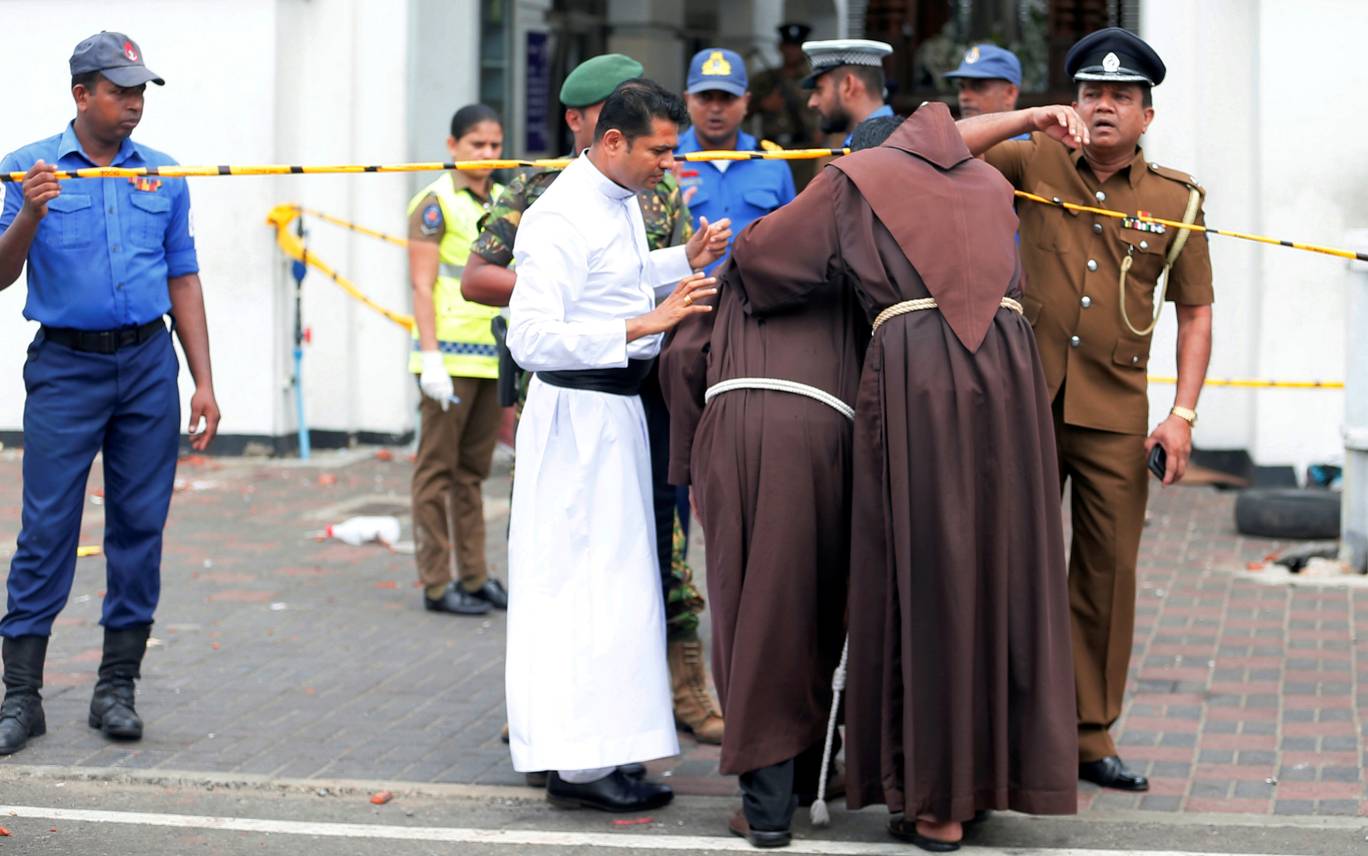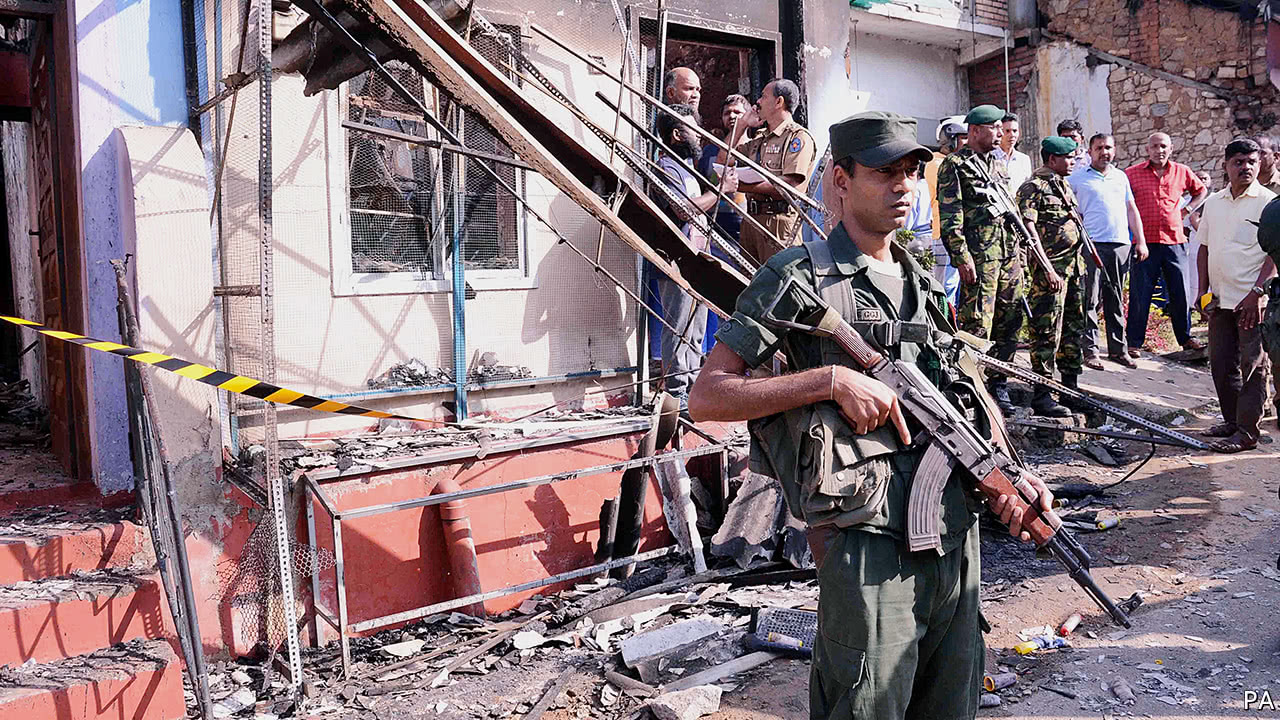The Sri Lankan government has ordered nationwide curfew for a second night after anti-Muslim riots in the wake of the Easter bombings.
The curfew was earlier relaxed on Tuesday, May 14, 2019 in all areas except the North Western Province (NWP) where a Muslim man was killed by a mob on Monday, police said, in a violent backlash against last month’s bombings.
The 45-year-old died of injuries sustained when a crowd stormed his carpentry workshop in the Puttalam district in the NWP and slashed him, official sources said.

Police chief Chandana Wickramaratne warned of stern action against rioters, and said that constables have been issued orders to use “maximum force”.
Elsewhere in the province, mobs torched dozens of Muslim-owned shops, vandalised homes and mosques in a day of rioting.
“The curfew in the NWP will be continued until further notice,” police spokesman Ruwan Gunasekera said.
Al Jazeera’s Minelle Fernandez, reporting from Colombo, said “an uneasy calm prevailed in the northwestern province”.
“There are complaints that some of the police and military stood helpless daunted by the sheer scale of the mobs that were going around burning properties. That is something of concern here,” she said.
Fernandez said that there are reports of 11 individuals arrested for their alleged involvement in the violence.
On Monday, police imposed the island-wide curfew from 9pm local time (15:30 GMT) to 4am, according to a police statement.
Curfews were previously limited to specific areas where attacks had taken place, including Puttalam, Kurunegala and Gamphala districts near Colombo.
In an address to the nation on Monday night, Prime Minister Ranil Wickremesinghe said a countrywide curfew was declared to prevent unidentified groups orchestrating communal violence.
Wickremesinghe said the unrest would hinder investigations into the April 21 attacks that targeted three churches and three luxury hotels, killing 257 people and wounding nearly 500.
Sri Lanka also temporarily banned some social media networks and messaging apps, including Facebook and WhatsApp, after a posting sparked anti-Muslim riots across several towns.
Read more at Aljazeera







